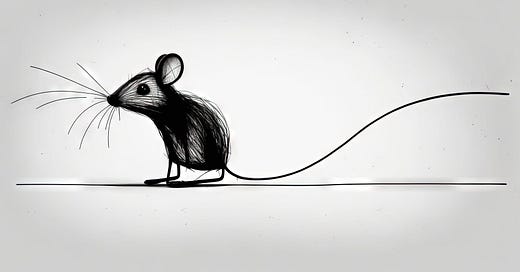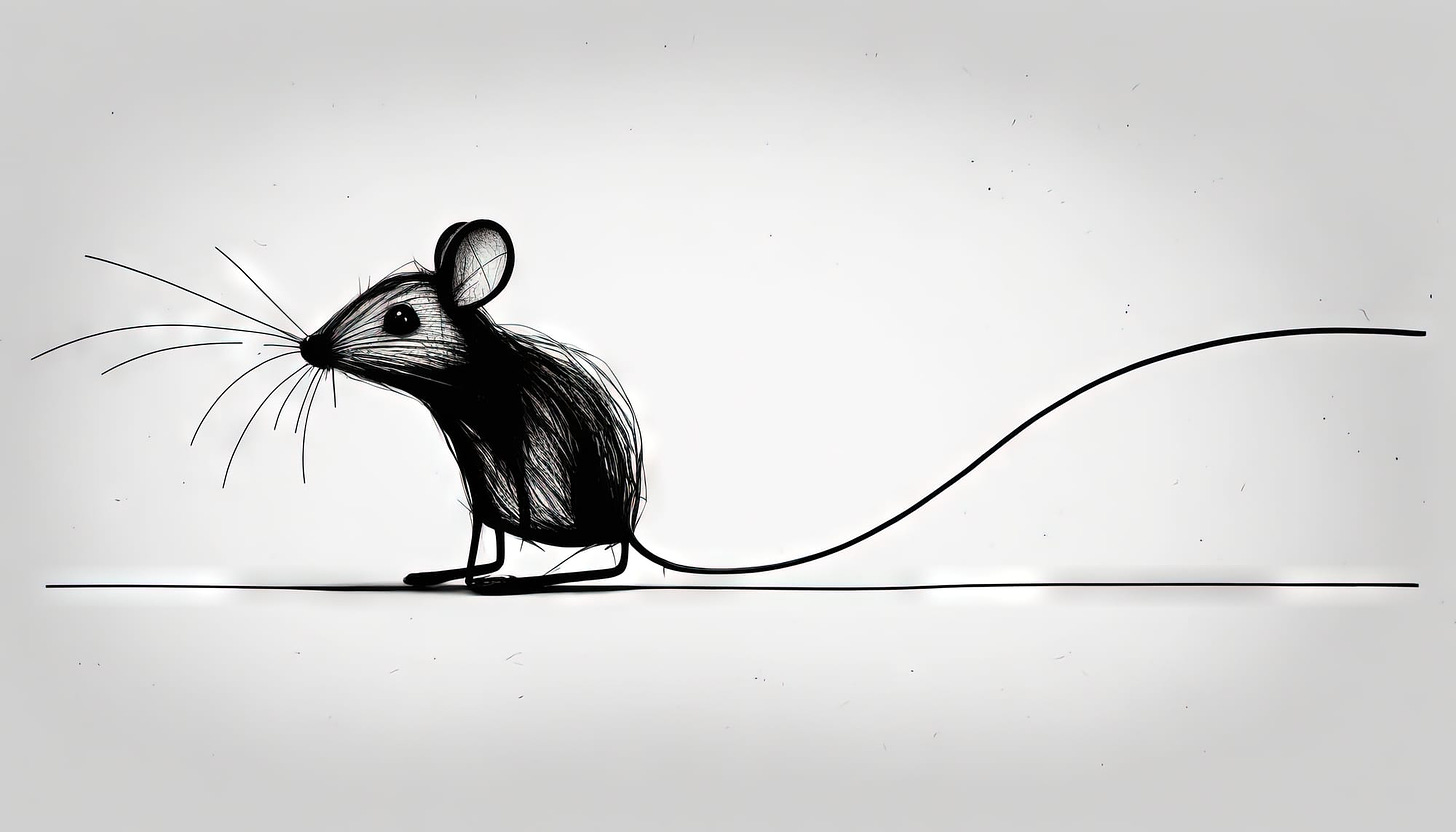Scientists played a cruel little trick on some mice.
They had them poke their snouts into a little hole for some sugar. Every day, they made it a little more difficult. At first, the mice only had to poke once. Then it was two, then five. Then twenty times. After that, the mice got fed up and quit. The scientists studied their brains throughout the entire process, and they found something interesting.
Before the mice give up, there's a surge of activity in the ventral tegmental area of their brains, where dopamine boosts happen. Basically, this area regulates the risk and reward decisions in most mammals. As you might already know, your brain produces dopamine in response to reward. It also produces a chemical called nociceptin, basically the opposite. As the scientists conclude in a 2019 issue of Cell, poking your nose into a hole 20 times for no sugar tends to trigger a lot of nociceptin production.
Now imagine calling those mice depressed and giving them a pep talk so they keep po…





